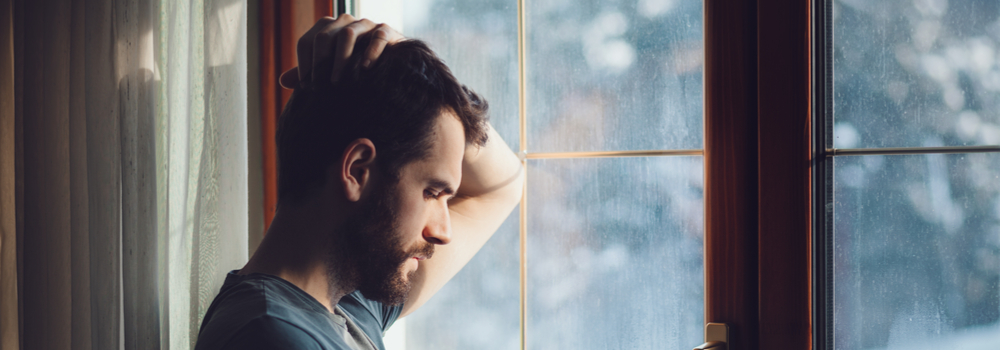Note: If you’re experiencing suicidal thoughts, please call the National Suicide Prevention Lifeline at 1-800-273-8255. Your life matters.
Drug overdose is a grave concern that requires special medical attention, yet many people are unaware of the consequences of misusing prescription medicine and illegal drugs. A 2015 report published by the U.S. Department of Health and Human Services exclaimed that between years 2010 and 2012, heroin overdoses doubled; in 2013, a total of 43,982 deaths from drug overdose occurred. The opioid epidemic has certainly sparked this surge over the past decade; according to the 2016 National Survey on Drug Use and Health, approximately 42,249 people died from overdosing on opioids. If you believe a loved one may be overdosing on drugs, dial 911 immediately. Understanding the warning signs of a drug overdose could potentially save someone’s life.
The Better Health Channel, an Australian media outlet, emphasizes two types of drug overdose: intentional and unintentional. An intentional overdose means that someone has taken too high of a dose on purpose, in an attempt to hurt themselves or to die by suicide. An unintentional overdose occurs when a person accidentally takes more than prescribed or in an attempt to experience a stronger “high”, but instead experiences harm. Overdoses can be fatal and should be approached with extreme caution. Signs of an overdose include:
- Nausea and vomiting
- Abdominal cramps
- Dizziness, loss of balance, confusion
- Breathing difficulties
- Internal bleeding
- Hallucinations, visual disturbances, and more
A few risk factors for overdose include taking more than one substance at a time, and if the body is not used to the drugs being taken. It has become quite common for friends and family members of relatives with prescription medications to use what has not been prescribed to them; this too can place someone at risk for drug overdose, because they cannot be certain for how their body will react. If you’re experiencing symptoms of a mental illness such as depression, anxiety, and more, speak with a licensed healthcare professional today. In doing this, you may obtain medication and/or other resources that are meant for you to use in a safe way.
If you’re struggling with addiction, speak with a professional from a reputable treatment center today. Recovery is possible – you are not alone.
Tree House Recovery is a men’s treatment program located in Portland, Oregon. Creating sustainable recovery through sustainable change, our programs help men learn how to live sober with adventurous lives. Call us today for information: (503) 850-2474




